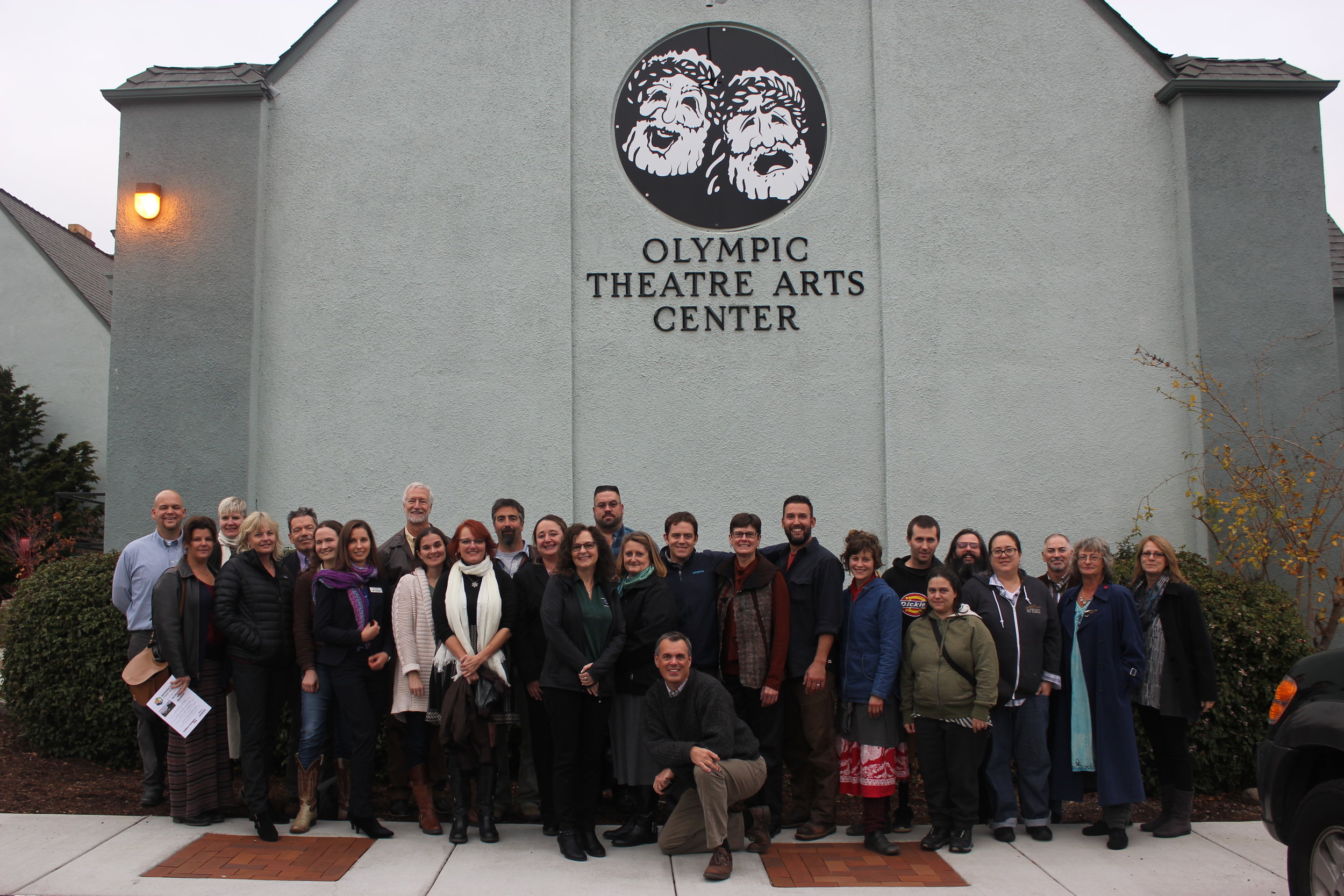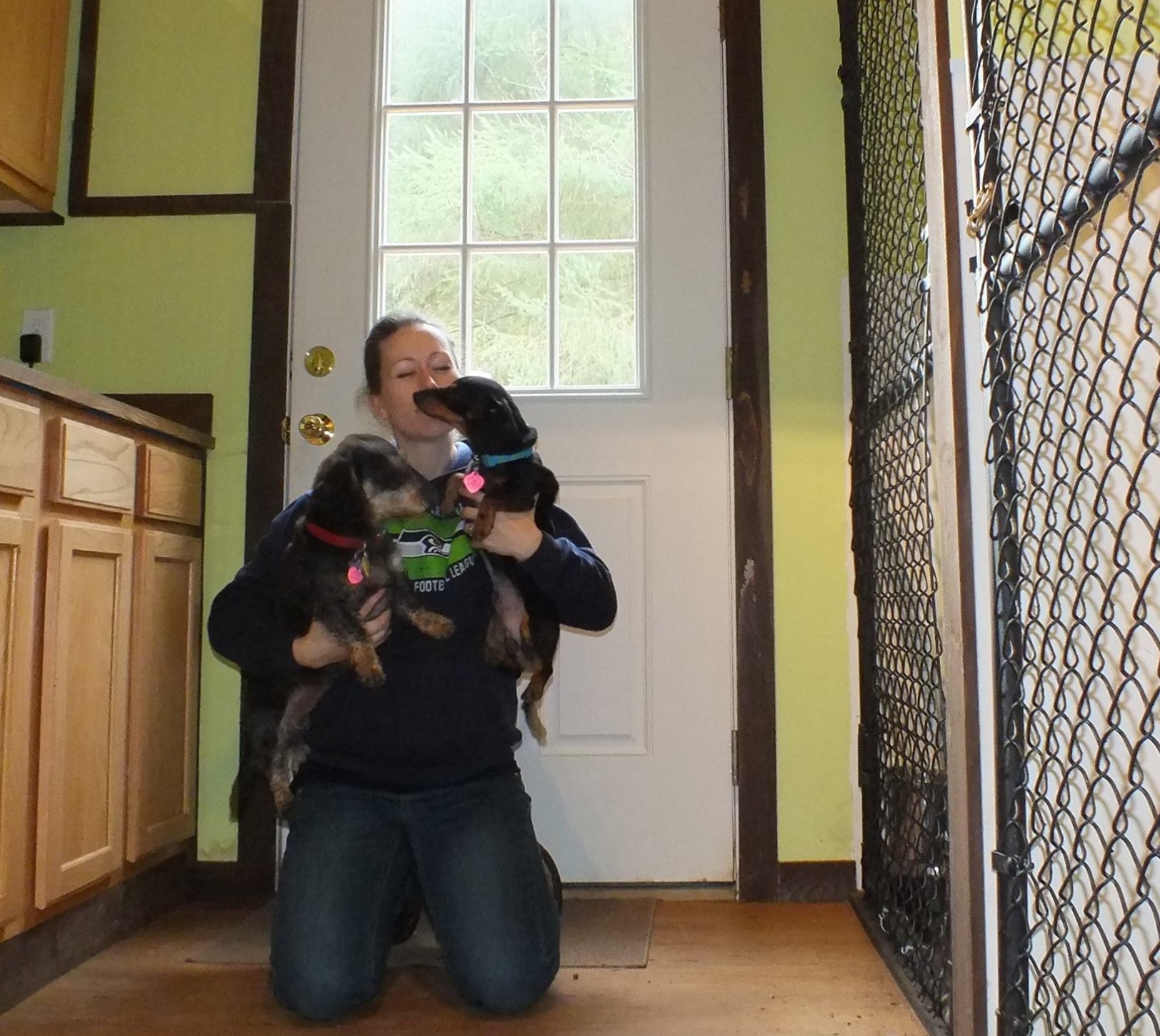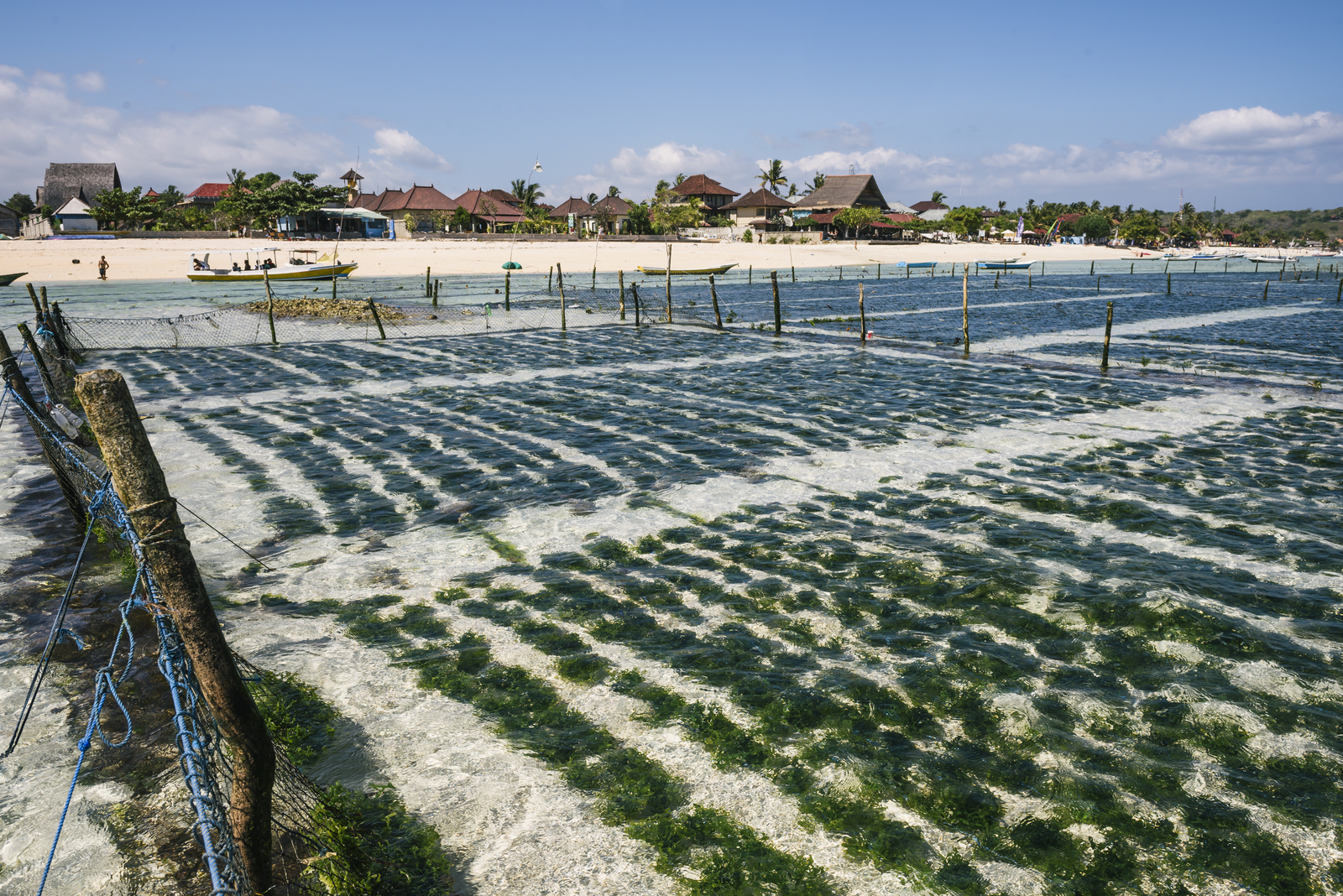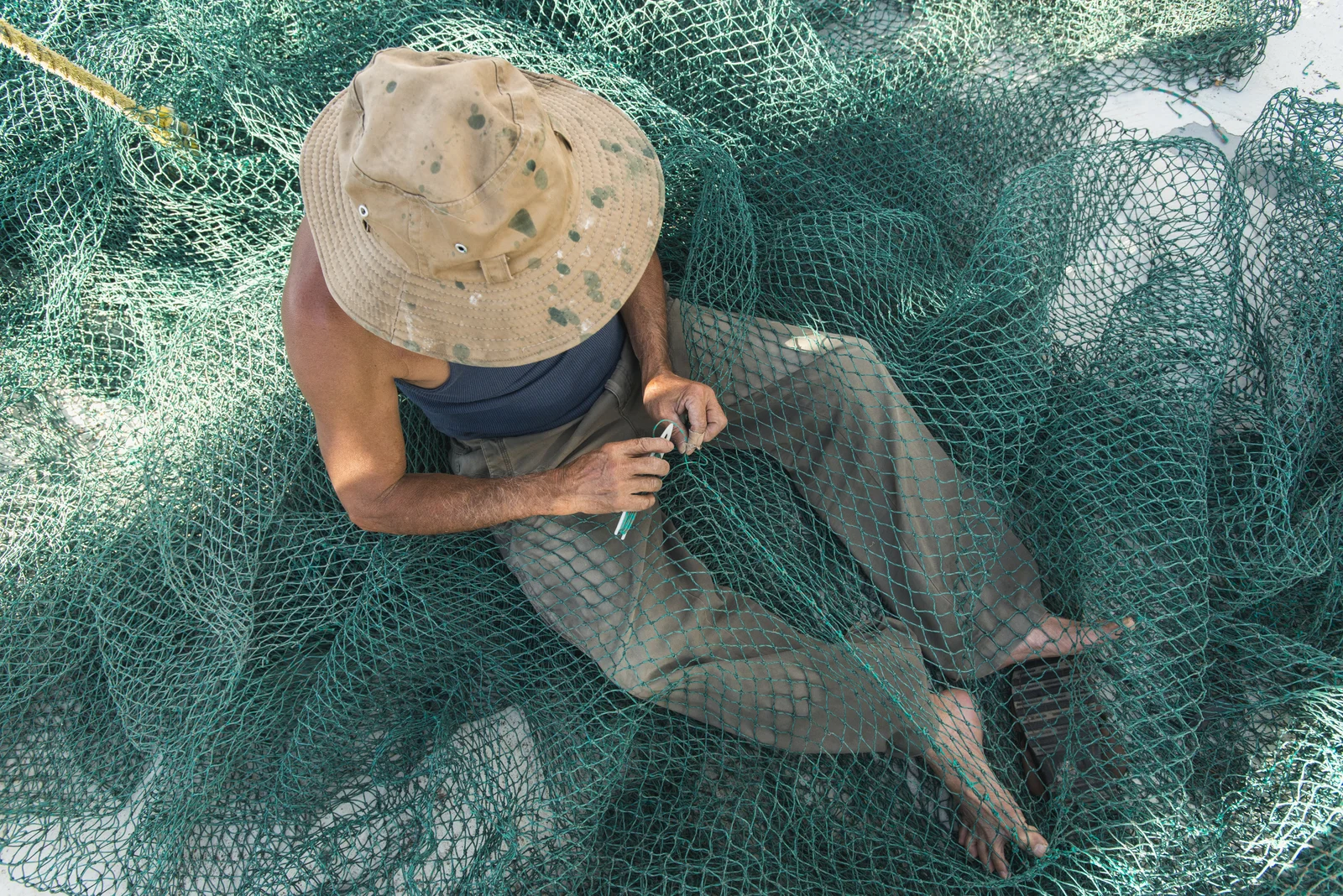A focus on sustainability paid off for the winners of the 2017 Coast Works Sustainable Small Business Competition honored at the Coast Works Awards Ceremony on November 9, 2017 at Olympic Theatre Arts in Sequim.
2017 Washington Coast Works Winners To Be Announced Nov 9
Innovative Business Leads to Benefits for Society and the Environment
Complementary Angles on Sustainable Angling
Do You Know Who Peeled Your Shrimp? Why Social Sustainability Matters
This 'Trash' Tastes Amazing!
Green Business Innovators in the Emerald City
Creating a Sustainable Coast
You can make a difference for sustainable business on the Washington Coast.
Photographed by Tim Regan, Flickr Creative Commons
It’s easy to invest in big Wall Street backed businesses, but next to impossible to invest in a local Main Street business in your community – especially if that business is a startup. The Washington Coast Works Sustainable Small Business Competition is changing that with a crowd funding campaign that lets ordinary folks contribute what they can afford to help emerging entrepreneurs launch new businesses in rural and tribal communities on the Washington Coast. First prize is $10,000 in startup funding, with multiple runner up prizes. See the Washington Coast Works website for details.
This year’s Coast Works entrepreneurs include a cultural tourism business, a wood boat kit manufacturer, a beekeeper, a construction business, a chocolatier, a tiny homes builder, a food truck, a dog boarding business, a permaculture farm, a stump grinder, a nature-inspired fitness company, a sustainable vegetable and hog producer, and a manufacturer of art equipment. All are “triple-bottom-line” businesses designed to generate profits with significant social and environmental benefits.
“How awesome that all of us can contribute to the Coast Works prize money this year,” says Coast Works intern Sarah Haensly who designed the campaign. “Web-based crowd funding now makes it possible for anyone to contribute what they can afford – without calling up your local stock broker.”
Tanikka Watford knows how hard it is to raise startup funding for a small business. She needed significant capital to launch Deep Roots Foods, a Tumwater-based small-scale food co-pack food processing business.
“I was fortunate to find local investors through Social Venture Partners’ FastPitch competition last year, but those opportunities are rare,” says Watford. “I think it is amazing that you all are making it possible for people in Coast Works communities to participate directly in their local economic development!”
Visit www.wacoastworks.org for more information
Sustainable Small Businesses Move Forward with Washington Coast Works
MAY 31 (Seattle, Washington) — Fifteen emerging entrepreneurs from coastal communities in Grays Harbor, Jefferson and Clallam Counties are participating in an intensive 8-week business development training provided by Enterprise for Equity as part of the 2016 Washington Coast Works Sustainable Small Business Competition.
Participating businesses include a permaculture farm, a wood boat kit manufacturer, a construction business, a chocolatier, a bee keeper, a tiny homes builder, a dog boarding business, a cultural tourism business, a nature-inspired fitness company, a stump grinder, a sustainable vegetable and hog producer, a manufacturer of art equipment and a food truck — all “triple-bottom-line” businesses designed to generate profits with significant social and environmental benefits.
The training concludes in late July with an Entrepreneurship Summit to be held at the Olympic Natural Resource Center in Forks, Washington. At the Summit, participants will connect to a team of volunteer mentors and advisors who will help them develop their pitch and polish their business plans for presentation to a panel of judges in mid-September, and for a chance to win up to $20,000 in startup financing. Winners will be announced in October.
“It (the competition) gave me a new lease on life — something that I want to do for my community. I want to build our community”, said Jean Ramos, a winner from last year’s competition working to launch a sustainably foraged Labrador tea business.
Liz Ellis, another winner in last year’s competition, used her award to launch East Aberdeen Community Farm.
“I feel so fortunate to have been part of the three days of very intensive workshops,” Ellis said about last year’s Summit. “For me, the most valuable part of the competition was learning and being inspired by professionals and people in business, coaches and economists, and the fellow applicants from the north and the south.”
Washington Coast Works is an initiative of The Nature Conservancy in collaboration with Enterprise for Equity (with support from a USDA Rural Business Development Grant), the Center for Inclusive Entrepreneurship and the Ta’ala Fund. The program is designed to diversify the economies in Grays Harbor, Jefferson and Clallam Counties and contribute to a new vision of sustainable community and economic development on the Washington Coast.
The complete calendar of events leading up to the competition is available at www.wacoastworks.org. Contact Enterprise for Equity at (360) 704-3375 ext. 3 or Mike Skinner info@wacoastworks.org for more information about the competition.
Story Contacts
Robin Ohlgren
WA Coast Works Fundraiser
P | 208-301-1011
E | robin@ohlgren.com
Liz Ellis
East Aberdeen Community Farm
P | 360-780-0349
E | harborsolar@yahoo.com
Jean Ramos
SovereigNDNTea
P | 360-780-0349
E| jeanniebug.123@gmail.com
EARTH OVERSHOOT DAY WITH WENDY MARSH
By Kiara Serantes, Gonzaga University, Journalism Candidate
Our own Director of Donor Communications and Stewardship, Wendy Marsh, discussed her thoughts about Earth Overshoot Day, and why its date is incredibly significant.
Wendy: Earth Overshoot Day is a barometer of the state of the earth which affects The Conservancy’s work (we have to work faster and bigger) and my quality of life (heath, safety, prosperity). My most compelling reason for my interest in this cause is part of the report by the Nobel Peace Prize-winning Intergovernmental Panel on Climate Change: “climate change will complicate and worsen existing global security problems, such as civil wars, poverty, strife between nations and refugees. Fights over resources, like water and energy, hunger and extreme weather will all go into the mix to destabilize the world.”
I don’t think people realize the domino effect and how wide-spread the repercussions are.
It is my understanding that Earth Overshoot Day happens each year, can you please describe what this is and why it’s significant for every person?
Wendy: That’s the day we bust our ecological budget. From that day forward, the planet will be operating under an ecological deficit, using more resources than the planet can produce and emitting more carbon dioxide than the planet can filter out. Basically, it’s like living on credit cards until the next payday – which isn’t until January1, 2015.
Ecological Debt Day is calculated by dividing the world’s biocapacity (the amount of natural resources generated by Earth that year), by the world Ecological Footprint (humanity’s consumption of Earth’s natural resources such as food, fish, fiber, energy –for that year), and multiplying by 365.
How significant is the date?
Wendy: The date is an unsettling reminder that we are closing in on the point of no return. We’ve been living beyond our means since the 1970s. Earth Overshoot Day has moved ahead by an average of 3 days per year since 2011 indicating we are not making progress (except this year it is on August 20th – the same as last year)
Gonzaga University is currently undergoing a lot of construction installing new facilities, of which are likely to bare LEED Certification (green building). Do you feel that constructing new facilities to be more “green” is enough to help lead to a more sustainable future on campuses (and beyond), or is more palpable change necessary?
Wendy: LEED certified buildings are a good step. There’s a lot more colleges can do, however, especially since they are grooming our next generation of leaders who need to have an understanding of the interdependencies between environmental, social, and economic forces.
There are a lot of little examples such as retrofitting the current buildings to be energy efficient, banning plastic bottles from the campus (something a number of institutions are already doing), to low impact dining, and integrating sustainability into the curriculum. Check out the Association of Advancement of Sustainability in Higher Education. There’s a lot campuses can do!
What is the most important factor when it comes to solving the resource problem, on a local and community level?
Wendy: The two most important factors are awareness and changes in our behavior. We need the political will to cause change. The political denial of climate change is unacceptable. The media needs to be challenged to start covering these issues. Businesses and government need to step up and set policies that are good for all of us. It’s up to us to cause this change because they listen to consumers and constituents. And we all must consume better, wiser, and more conservatively.































